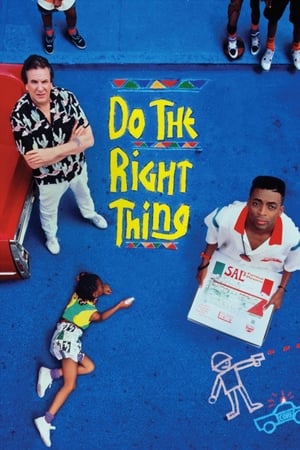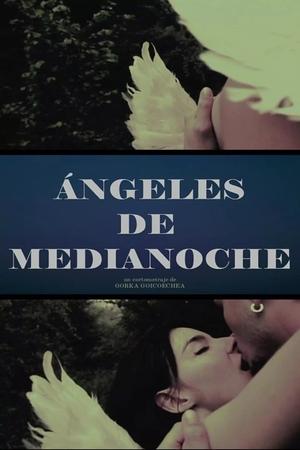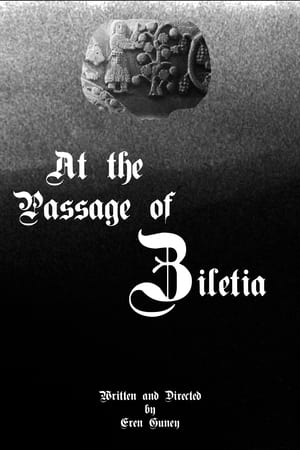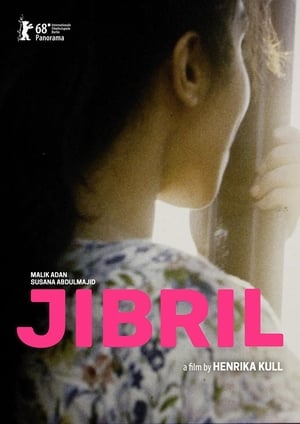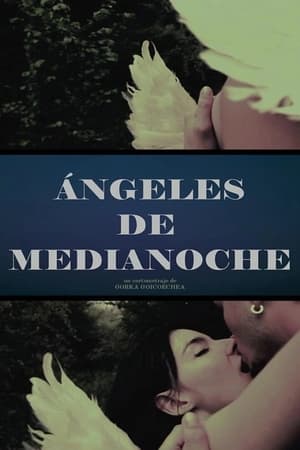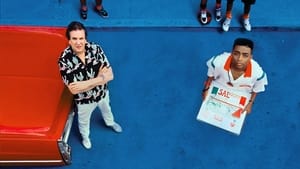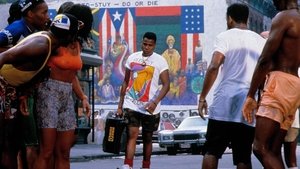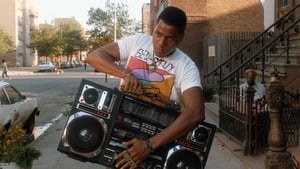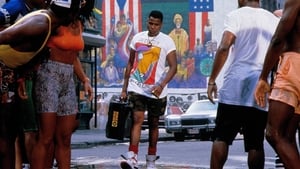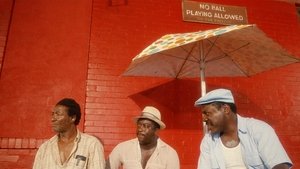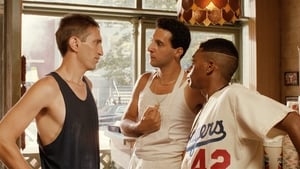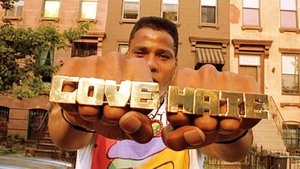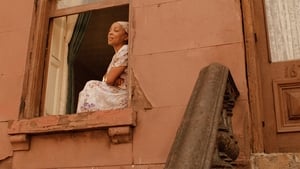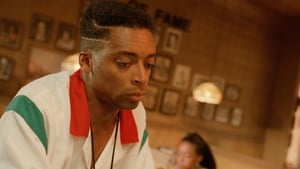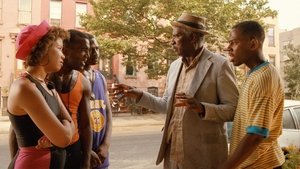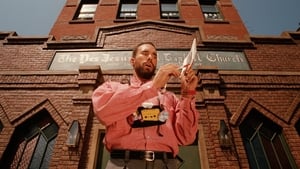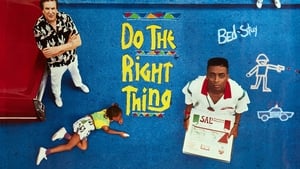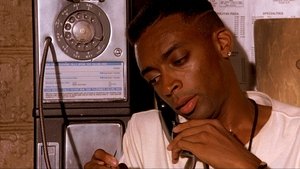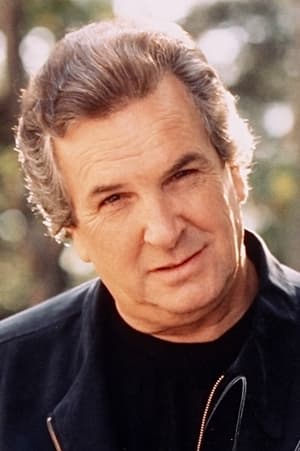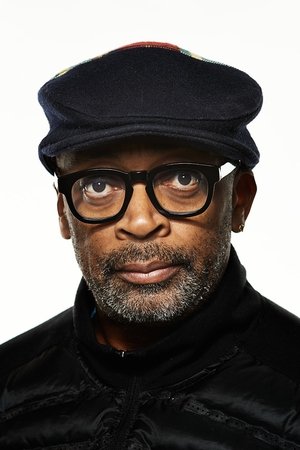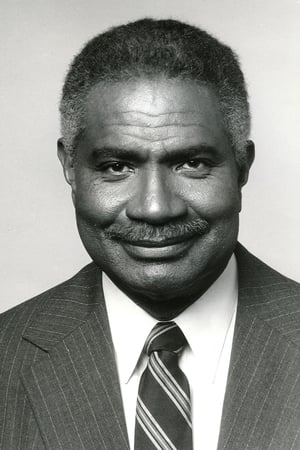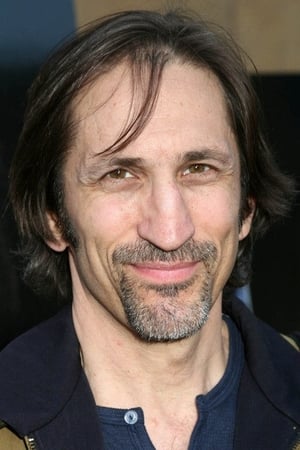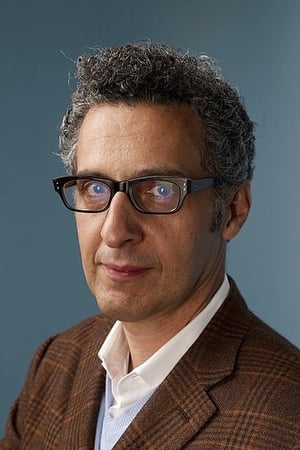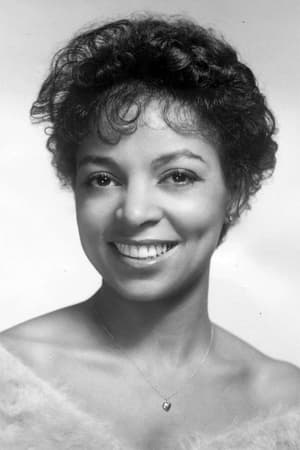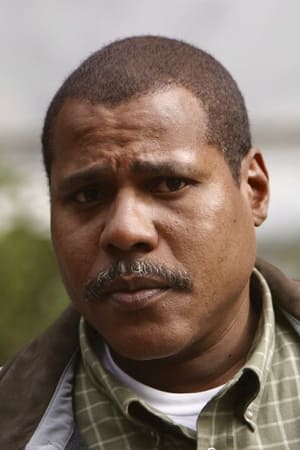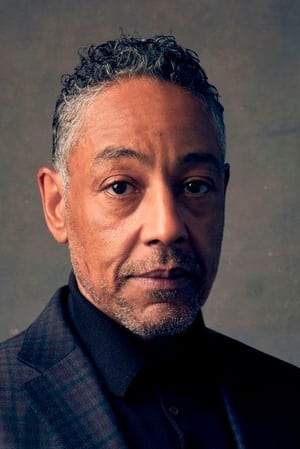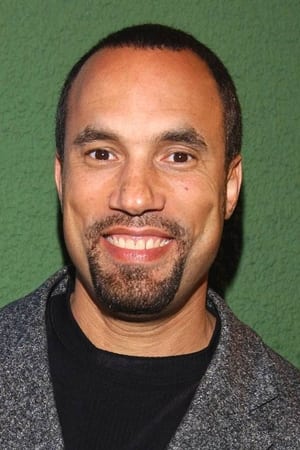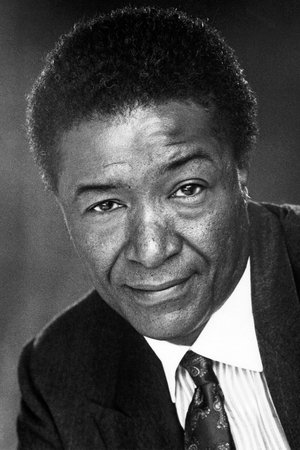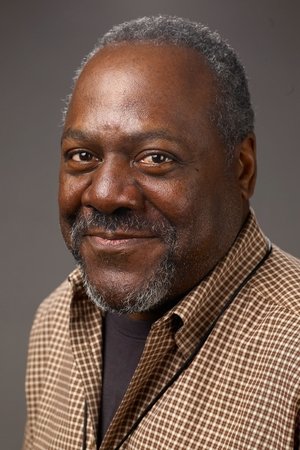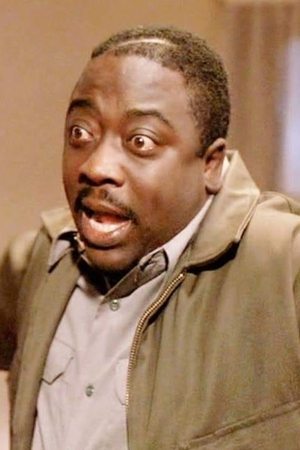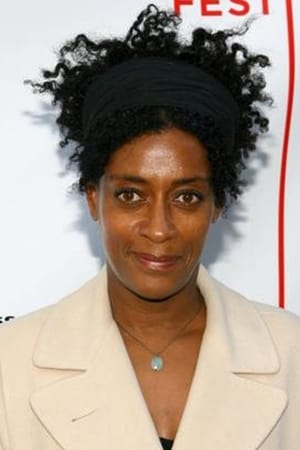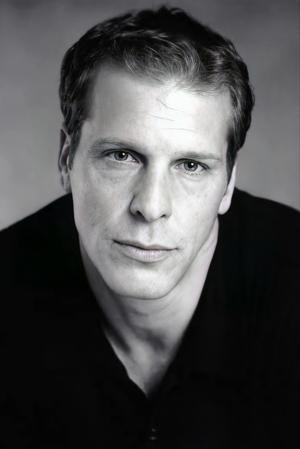-
Wuchak
_**When someone does the wrong thing and others react the wrong way**_ On a hot summer day in a predominantly black neighborhood in Brooklyn, one person makes the wrong decision and sets off a chain of events that results in havoc. Rosie Perez is a highlight on the feminine front. “Do the Right Thing” was Spike Lee’s breakthrough film that he made when he was 31. It’s a stylish and spirited account of a mostly black community in New York City that’s well-rounded with drama, humor, entertainment, honesty and tragedy. On the one hand, this neighborhood seems like a pleasant enough place to live, if you don’t mind the big city. The characters are not painted as one-dimensional, generally speaking; they have both attributes and faults. Yet it’s a relatively peaceable environment with the various races/ethnicities getting along just fine with only minor (and amusing) altercations. Nevertheless, it’s a tinderbox that doesn’t take much to set aflame. The last act leaves a bad taste. I can’t believe Lee had the gonads to be this honest, but he shows why most people don’t want to live or do business in black neighborhoods, including many blacks. While people debate who’s right and who’s wrong, it’s simple to figure out: Buggin Out taking offense about something immaterial at Sal’s pizzeria is unjustified. If he thinks it’s that big of a deal he doesn’t have to dine there, plus he can start his own restaurant and decorate it however he wishes. At the same time, it could be argued that Sal should’ve reacted in a wiser way that turned away Buggin Out’s curious anger, rather than augment it. Meanwhile Radio Raheem makes a foolish decision by allowing Buggin Out to negatively influence him. Why can’t they just do the right thing? It’s frustrating. This is a well-made classic and worthy of its iconic status, it’s just not exactly my cup of tea due to the exasperating last act that’s too brutally honest. How about doing the right thing by making art that inspires hope, unity and healing for inner city communities? This piece points to the problem, inspires questions & debates, but offers no solutions except… move away from black neighborhoods. The film runs 2 hours and was shot in Bedford-Stuyvesant, Brooklyn. GRADE: B-
-
CinemaSerf
Whilst there can be no doubt of the potency of the theme here, I thought the nature of the story telling was all over the place and angry. With temperatures rising, literally and metaphorically, the bored youth of an area of Brooklyn are becoming more and more frustrated. The thrust of these frustrations is epitomised by a battle of wills between Italian American pizzeria owner "Sal" (Danny Aiello) and his growing number of African American clientele. His walls are covered with famous faces - Al Pacino, Frank Sinatra, etc. from his heritage but his new customers feel that they are under represented. "Sal" isn't about to be bullied into anything, and to be fair to Spike Lee he does cleverly use this slow burning fuse to illustrate an whole slew of racial attitudes amongst a diverse community where change was coming - like it or not. As the heat shows no sign of abating, tempers finally flare and a denouement results in quite some eye-opening tragedy that though effective, I found completely anachronistic. It's told very much from one perspective but not puritanically. I think that might actually exacerbate my dislike of the proceedings because what appears to be happening to a decent and hard working American citizen is that he is being bullied, coerced and ultimately violated because he won't abandon his own traditions in favour of someone else's. It's cunningly depicting a change of identity for this community in a survival of the fittest fashion that I found quite intimidating. This isn't really about the characters themselves, more about the politics of a situation that became more and toxic as people left their conciliation hat at the door of reason on their way in. The dialogue struggled to get past the fu section of the dictionary and that just compounded the sense that it was more of a not so subtle rant than a story of respect offering any decent form societal evolution and equality. Maybe Lee would do it differently now? As it is, it's raw - but not in a good way.
please Login to add review
